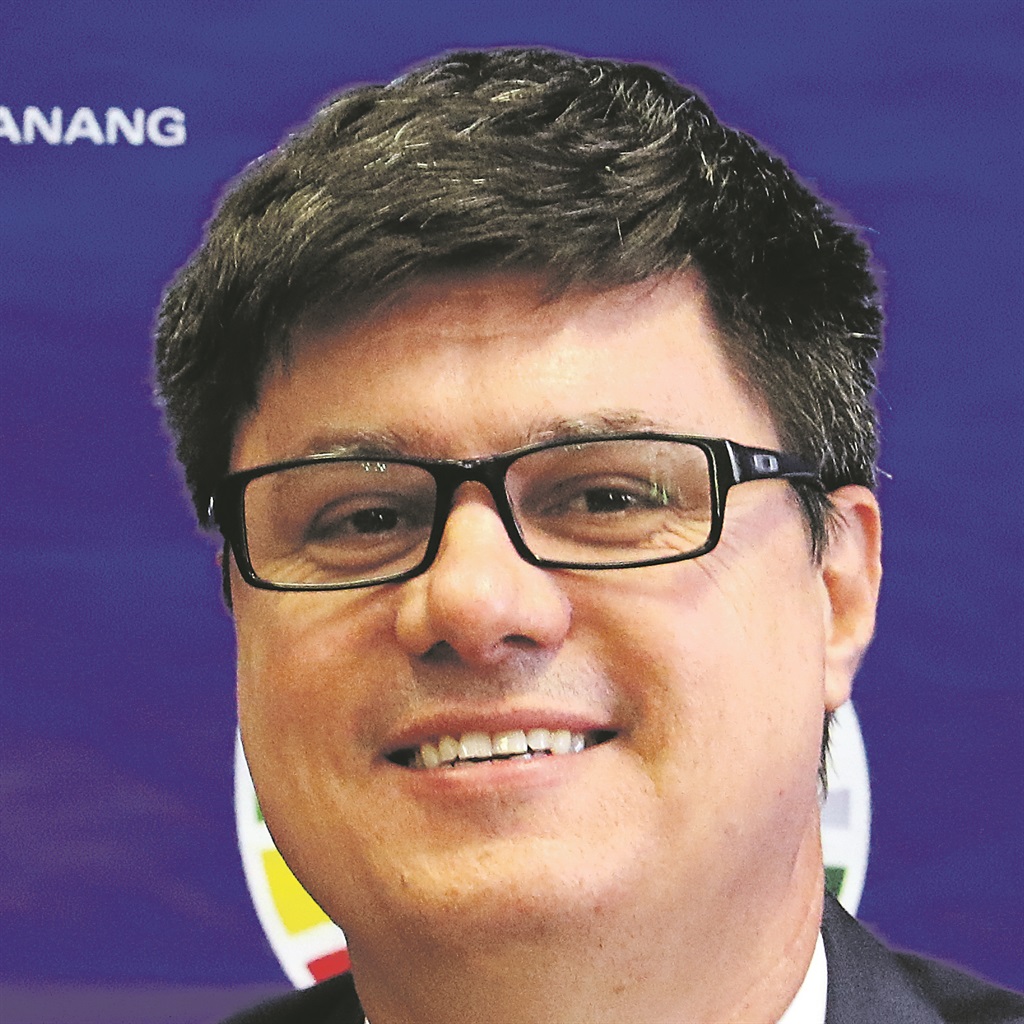
An enormous accumulated surplus of R99 billion is lying unused in the Unemployment Insurance Fund (UIF).
The UIF says it’s going to invest part of the surplus to protect jobs, and new rules will soon help more people to qualify as beneficiaries of the fund.
However, these steps will have little effect in making a dent in the surplus. The UIF’s unaudited surplus of almost R99 billion up to end March this year is about the same amount as the total 2015 budget for local governments.
According to the UIF’s annual report for 2015, the fund had an income of R16.14 billion in the 2014/15 year and, during the same financial year, paid out R7.2 billion to 798 467 beneficiaries.
About 81% of payouts went to unemployment relief and the rest to illness, pregnancies and dependants who lost a breadwinner.
In the first quarter of this year, South Africa had 5.7 million unemployed people (8 million if discouraged jobseekers are included), according to Stats SA.
However, the UIF is only accessible to people who have previously contributed to the fund and their dependants.
Around 3.7 million of South Africa’s unemployed have been jobless for more than a year, and 2.1 million have not worked before but are looking for jobs.
The new UIF Amendment Act, which will be signed by President Jacob Zuma soon, should lead to a considerable increase in payouts, said TJ van der Merwe, senior labour law specialist at the Confederation of Employers in SA.
Among other things, the period during which benefits are paid out will be extended from eight months to 12 months and, for the first time, foreigners with valid work permits will also be able to claim, said Van der Merwe.
However, these changes will not have a significant effect if allegations of inefficiencies at the UIF turn out to be true.
Agents who help people to claim UIF benefits said the many problems at the labour department’s centres, where benefits need to be claimed, were just getting worse.
The agents spoke to City Press’ sister newspaper Rapport on condition of anonymity.
One of the problems, they said, was that people came to the centres without the necessary documents because the call centre was overburdened and the department’s website did not supply the relevant information.
In some cases, the personnel at the centres did not have enough training to know all the UIF rules or be able to complete the documents correctly, they alleged.
Effective completion of claims is also hampered by poor maintenance: water pipes burst or staff have to share computers because of faulty power outlets. One agent said it currently took up to six weeks before her clients got their first payout from the UIF.
However, Makhosonke Buthelezi, communications director of the UIF, said that if the fund was really that inefficient, it wouldn’t be making daily payouts of up to R32 million. Some of the UIF’s collections were being used to improve the efficiency of payouts and for training of staff, said Buthelezi.
In the 2014/15 year, R3.4 million was spent on training for 269 UIF employees, according to its annual report.
“For the coming financial year, the fund has allocated almost R2 billion to poverty-relief projects,” he said.
In terms of the UIF Act, surpluses at the UIF may be invested with the help of the Public Investment Corporation (PIC) and the Industrial Development Corporation (IDC).
In the past decade, the PIC has invested R7 billion of UIF surpluses, and R4 billion has been invested in IDC securities.
Buthelezi said that the UIF had instructed the PIC to invest its surplus in industries such as mining and manufacturing, where huge job losses have been experienced.
However, Ian Ollis, DA spokesperson on labour, said that even with the proposed changes envisioned by the new legislation, the UIF would still have a big surplus because there were more contributors than claimants.
The DA has previously suggested that contributions to the fund be decreased temporarily to boost the economy.
Former finance minister Nhlanhla Nene considered the proposal, but rejected it after opposition from unions and bureaucrats.
“The argument was that bigger payouts are better for the economy in the long term than smaller contributions, because it can help more people who have no income rather than benefit people who are already earning an income,” said Ollis.
- All workers who work for one employer for more than 24 hours a month still have to contribute to UIF, but this will now include foreign citizens.
- Benefits will now be paid out over a period of 12 months (previously eight), and it’s possible to apply for an extension.
- UIF benefits for pregnant women will increase to 66% (previously 33%) of their basic salary.
- Workers who are not able to work because of illness and have exceeded their sick leave by seven days (previously 14) may claim illness benefits from UIF.
- Dependants of a deceased person who contributed to the UIF can now claim benefits within 18 months (previously 12) of the death of the contributor.




 Publications
Publications
 Partners
Partners








